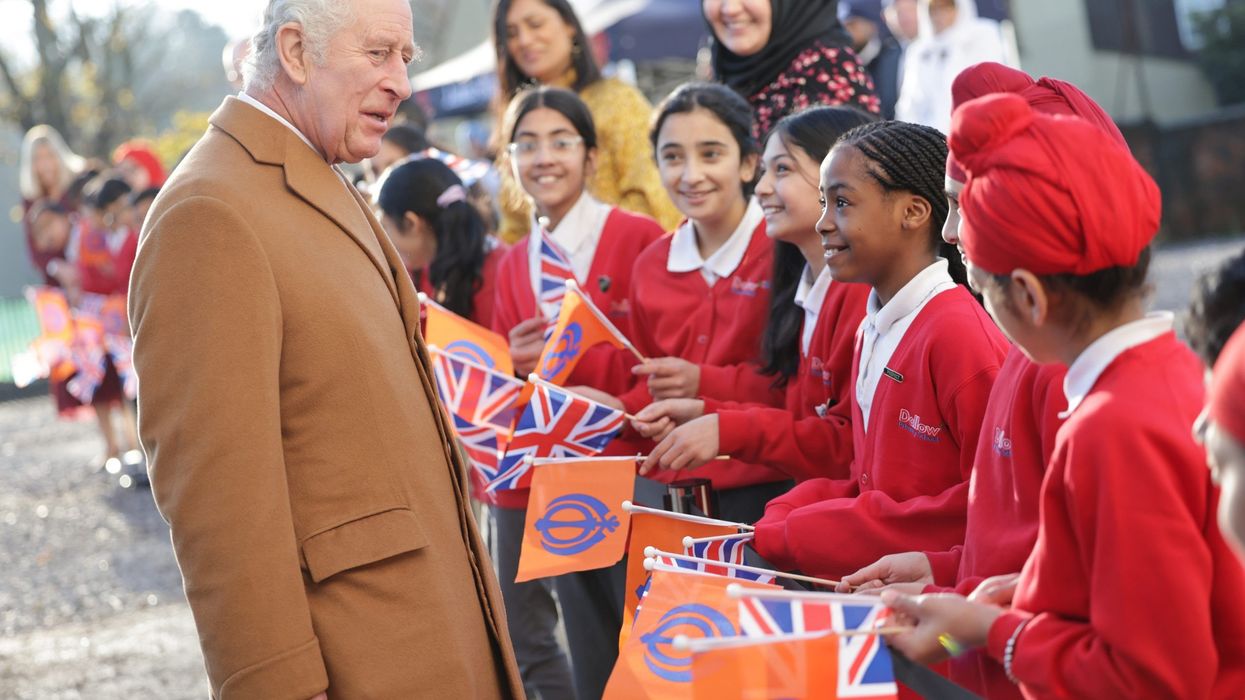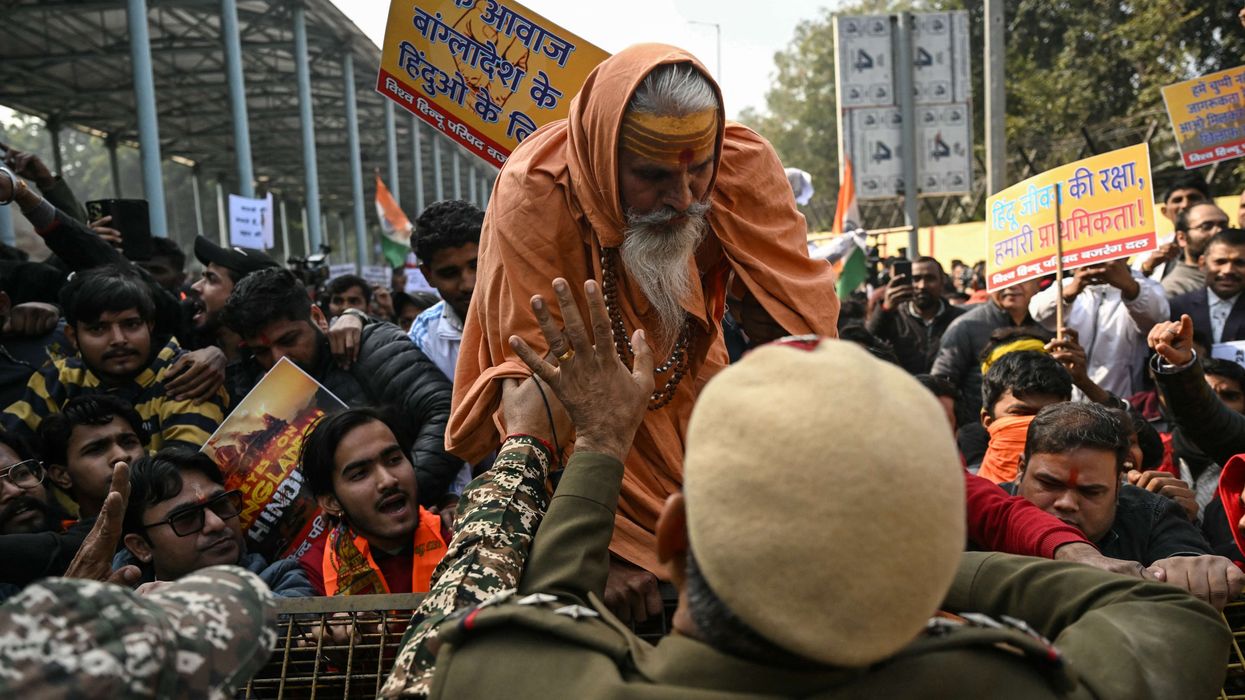King Charles has been urged by prominent community and business leaders to use his reign to tackle inequalities within British society.
More than 2,200 people will attend the coronation at Westminster Abbey on Saturday (6), among them international representatives from 203 countries as well as community and charity workers.
The congregation will also comprise Nobel Prize winners, religious representatives, and heads of state and foreign ministers.
“The monarchy can certainly be an agent to support international cohesion and respect for other nations, but I think the monarchy should be redefined by promoting and supporting the benefits of a globalised, multicultural society,” Dr Chaand Nagpaul told Eastern Eye.
Nagpaul, who was at the forefront of exposing the disproportionate impact of the pandemic on ethnic minorities, said issues such as the government’s immigration policies have left a fractured society – and King Charles can help mend that, in his view.
“I find it disappointing that politicians who are from immigrant backgrounds put forward simplistic views on immigration which end up creating discriminatory thinking and behaviours within society,” said Dr Nagpaul, who was chair of the British Medical Association from 2017 to 2022.
“The monarchy should use its position to promote the benefits and the values of multiculturalism. It has a unique opportunity to create a consciousness of respect of different cultures and the views that people hold within the UK.
“The origins of Britishness is that of the UK having a colonial past. The new King could turn that on its head and use the new, redefined monarchy to promote parity of nations and cultures,” Nagpaul said.
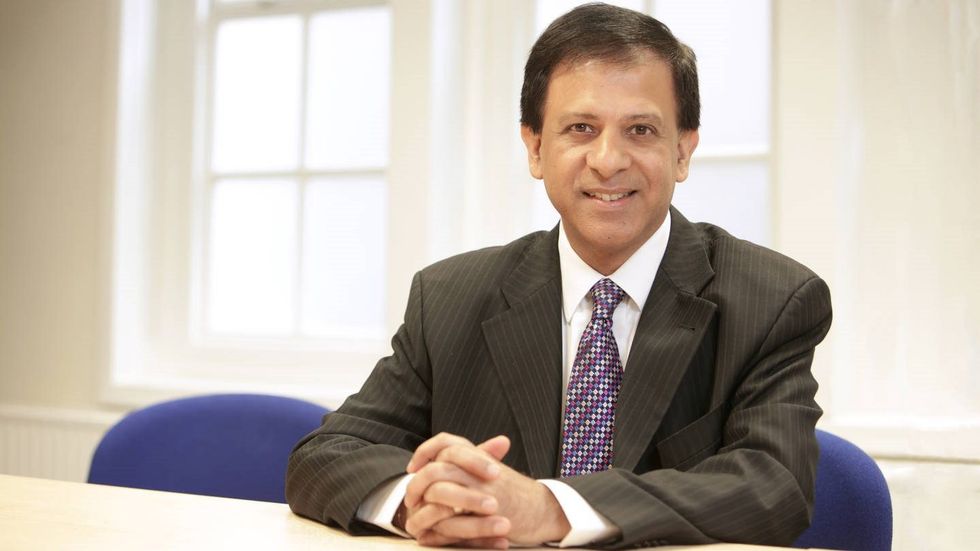
The King is a committed Christian, but he has also has a lifelong interest in other religions, and has spoken in the past about defending all faiths, not just Anglicanism, as Britain became more multicultural.
Prior to the Queen’s state funeral in September last year, Charles held a reception at Buckingham Palace for faith leaders and asserted that he had always thought of Britain as a “community of communities” and that he had a duty to “protect the diversity of our country, including by protecting the space for faith itself.”
In a coronation first, King Charles will pray aloud during the service, to ask God that “I may be a blessing to all thy children, of every faith and conviction”.
Muslim, Hindu, Sikh, Buddhist and Jewish leaders are set to play a prominent role in the coronation.
“It's wonderful that those of us who are lucky enough to be there on Saturday will see the different faiths represented in the service. I know he (King Charles) genuinely believes that Britain is stronger for all of its faiths that must be preserved,” mayor of the West Midlands, Andy Street, told Eastern Eye.
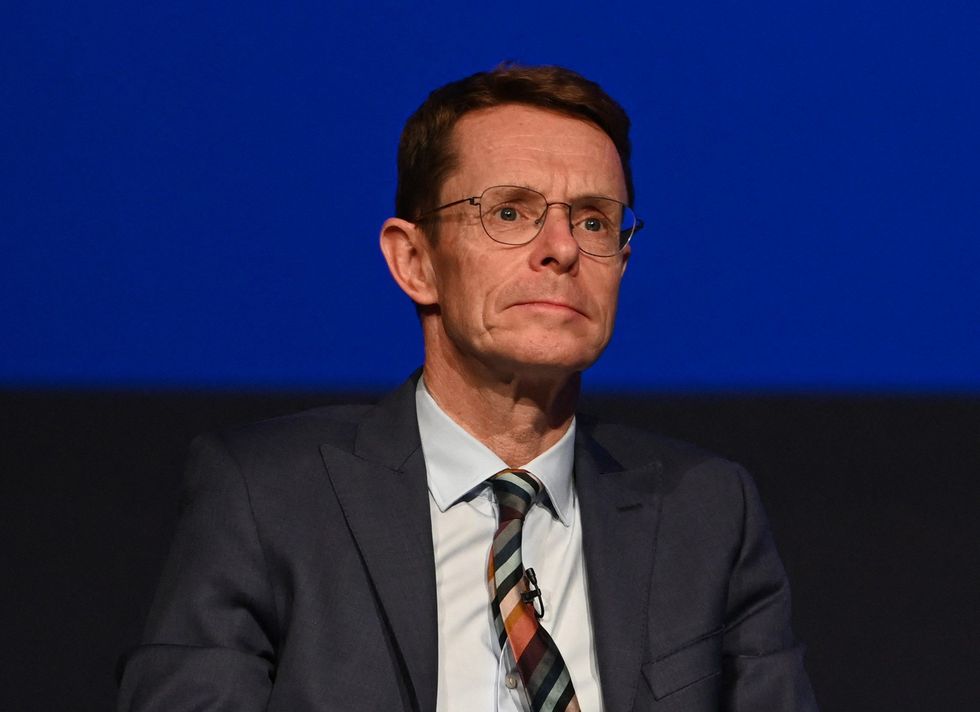
Lord Karan Bilimoria has had conversations with King Charles’s about other faiths, including his own, Zoroastrianism, which has only 120,000 followers globally.
“He's knowledgeable and he genuinely cares. The Zoroastrian/Parsi community, the amount he knows about and cares about our tiny community, the smallest minority community in the world, is genuinely excellent and shows how committed he is,” Lord Bilimoria told Eastern Eye.
The king, who is 74, founded the Prince's Trust in the 1970s while heir to the throne. By 2020 it had helped one million young people aged 11-30 from disadvantaged backgrounds. He has also been a lifelong supporter of protecting the environment and fighting against climate change.
“King Charles has already shown what an excellent monarch he is, how committed he is to so many causes, to the country, to the environment to interfaith matters,” said Lord Bilimoria. “In terms of climate change and the environment, for example, he was decades ahead of the game.
“He is standing on the shoulders of giants, his mother Queen Elizabeth and his father, Prince Philip, who did lots of amazingly good work as well, such as the funding the Duke of Edinburgh Award scheme. And he (King Charles) is continuing that on the global stage as well.
“I think he will leave a very strong legacy of his own, including in two specific areas, the environment and inter-faith relations. I have seen it first-hand that he is a passionate supporter and champion of inter-faith ties and inter-faith harmony.”
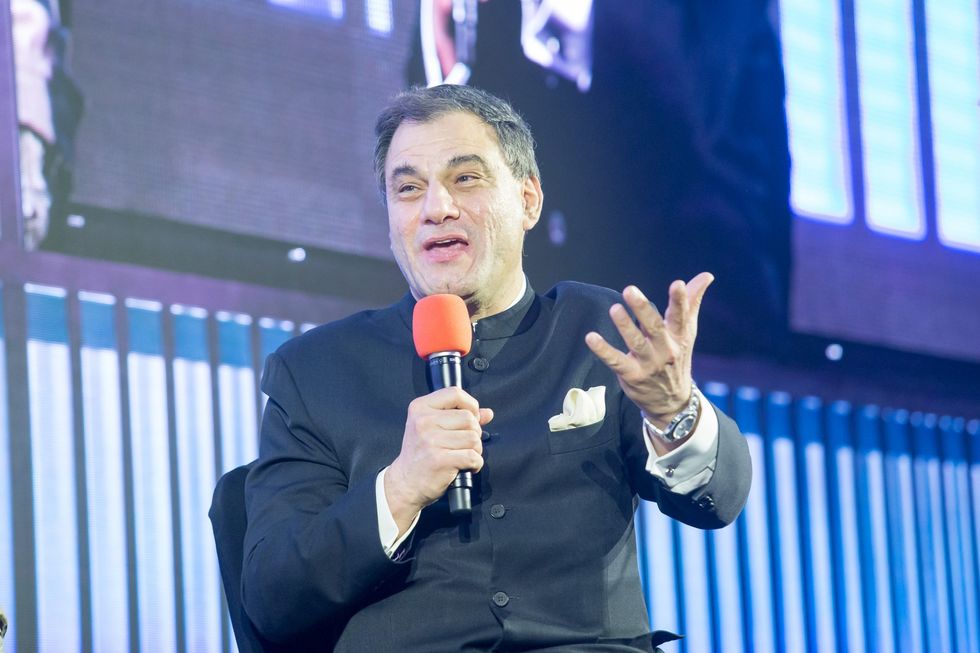
Afzal Khan MP concurred and told Eastern Eye he also has seen first-hand the King’s devotion to creating inter-faith relationships. “The king has taken a keen interest in Islam and British Muslim communities over the years, sharing heartfelt personal messages with Muslim communities on Eid and visiting mosques and Islamic institutions in the UK and abroad,” said Khan.
“I had the absolute pleasure of welcoming the then-Prince of Wales to celebrate the 10-year anniversary of the British Muslim Heritage Centre in my Manchester constituency, in which we were honoured to show him a picture of his great-grandfather, King George V, wearing a turban when he was head of a Muslim cavalry regiment.
“In 1953, my grandfather, in a remote village in Punjab, sat listening to the radio to hear Queen Elizabeth being crowned not only Queen of the United Kingdom, but also of his own country, Pakistan.
“This weekend, I am honoured to represent the people of Manchester Gorton at a civic service in Manchester to mark the coronation of King Charles III, and I look forward to seeing how King Charles will continue to promote an inclusive, environmentally conscious Britain.”
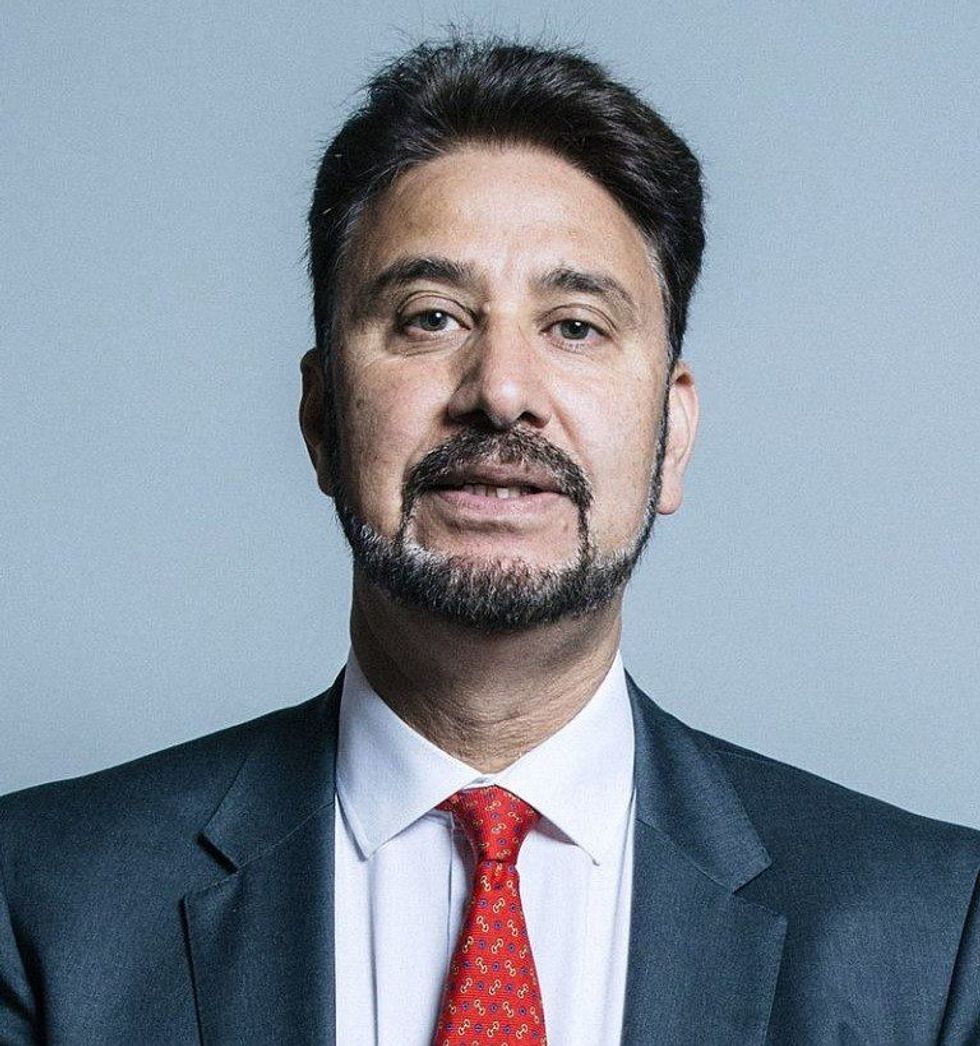
Solicitor Ayesha Vardag told Eastern Eye, “The fact that we have a monarch who is both traditional and progressive, idealistic and humane, and works tirelessly to achieve positive change in the world, both for the planet and those who inhabit it, is a quite extraordinary privilege in these days where so much leadership is peopled with mediocrity, self-interest and moral relativism.
“I want the King to bring his idealism, his intellectual questioning and his openness to this historic institution. It was King Charles who said, when still Prince of Wales, that he hoped to be not defender of the faith per the old, Anglican focused title, but defender of faiths, which indicates his embrace of all the faiths within his kingdom.”
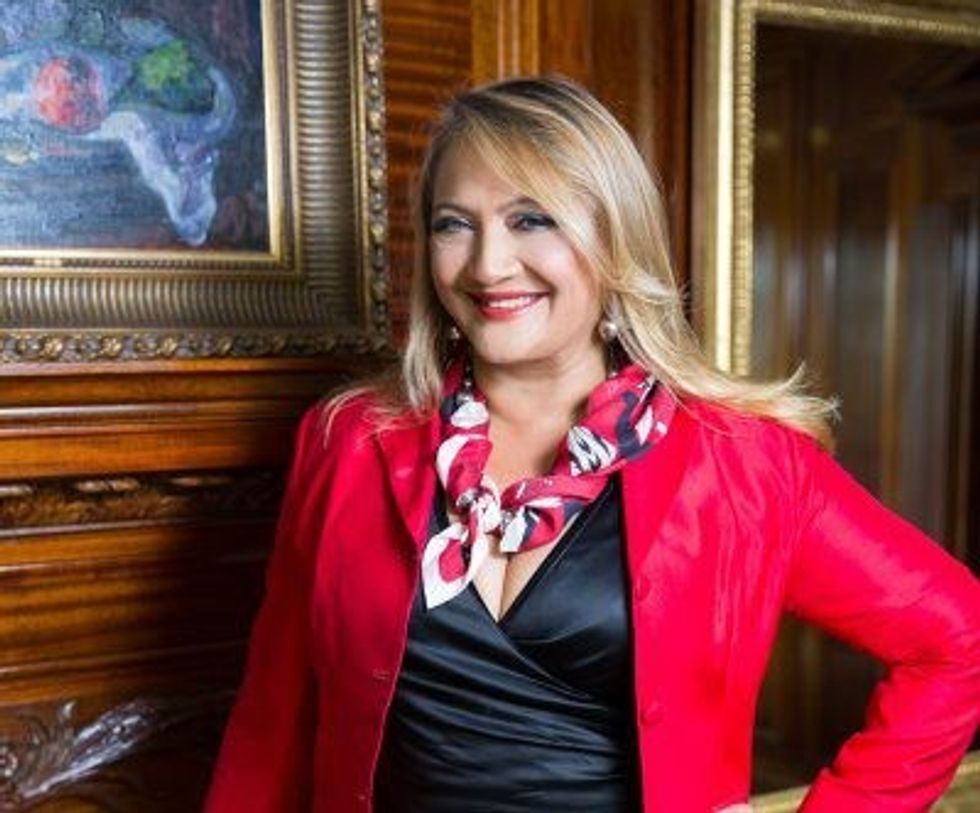
However, not all of King Charles’s early acts have come for universal approval.
The news that all Britons will be called on to swear allegiance to the King and to his heirs and successors at his coronation has been met with derision in some quarters.
“I don't see why I have to swear allegiance to the King. That doesn’t work for me and I don’t think that will work for many people,” former Met police officer Shabnam Chaudrie told Eastern Eye. Pointing to recent findings of institutional racism within the police force, fire service, justice system and in light of a recent report from group of United Nation experts who found that racism in the UK is systemic, Chaudrie urged the monarchy to lead the initiative into equality and diversity within the UK.
“King Charles needs to bring a new era to the forefront of the monarchy that is far more inclusive than what it has been,” she said. “The question I would ask is, what is the makeup of the King's staff? Does he have a diverse workforce? You generally see white people within the King's household, within their staff quarters.
“They really need to be far more inclusive and having staff that are actually more representative of the UK.”
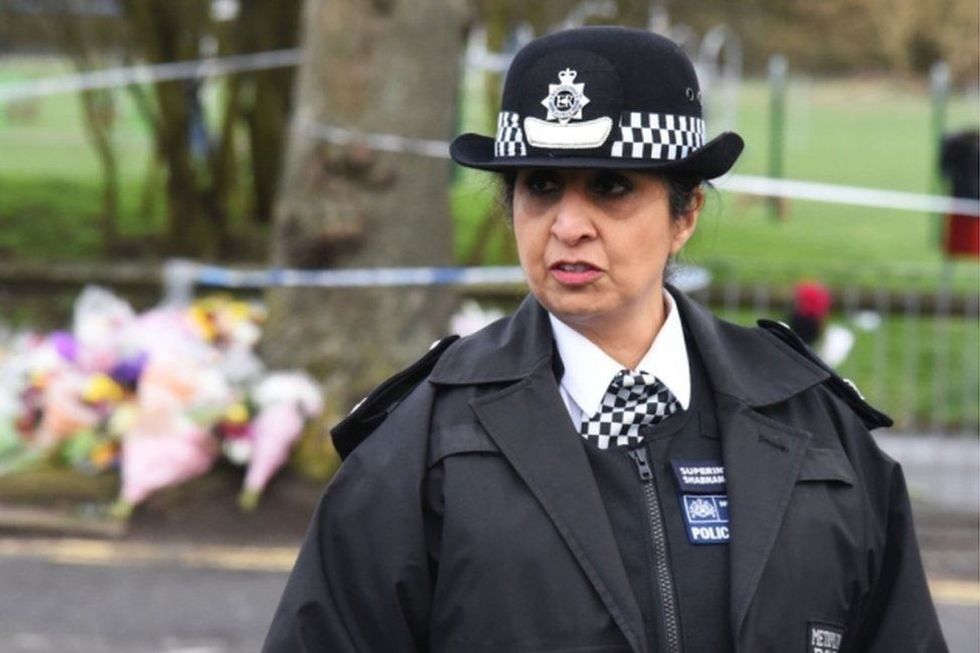
Binna Kandola, senior partner and co-founder of Pearn Kandola – a diversity and inclusion training provider in the UK, worked with a number of projects led by the then Prince of Wales Business in the Community initiative which looked to support young people from ethnic minority backgrounds.
“The projects targeted minority children. One was in schools, specifically in areas with high Muslim populations, actually getting kids in those schools to understand their capabilities and developing their aspirations,” Kandola told Eastern Eye.
“The other one was bringing together around 90 young people from a range of different countries, these young leaders were all Muslim, and some of them came predominantly from Muslim countries and others not, like Britain.
“The idea was to develop their leadership skills in order for them to go back to the countries to become socially empowered leaders in those countries. It was hugely effective and in some ways some of the most enjoyable, and powerful work I've ever done,” Kandola said.
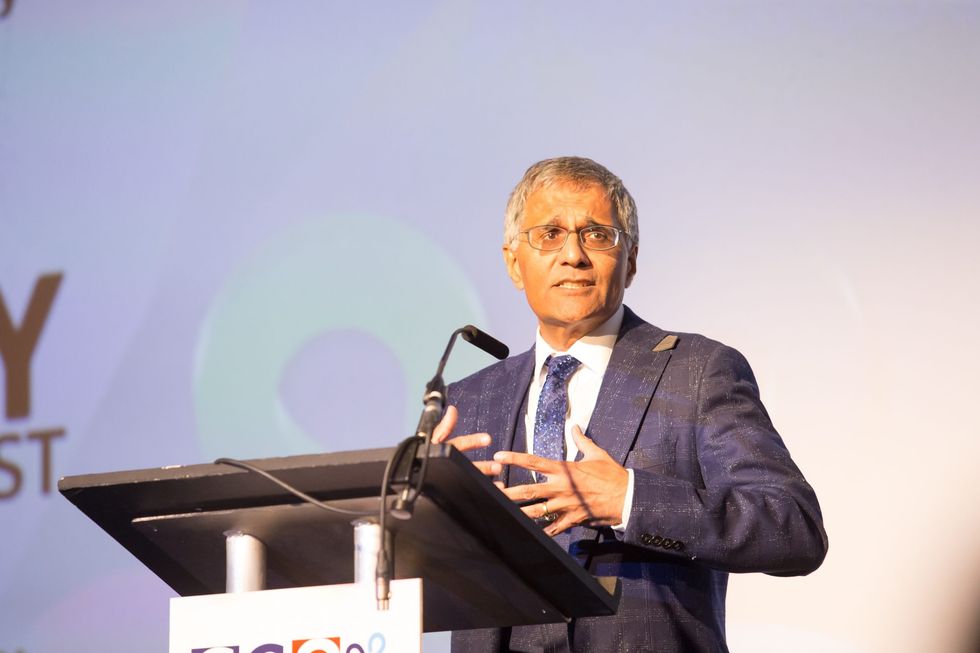
However, despite his long-term association with helping young people, a recent survey showed that while most Britons want to keep the monarchy, the King lacks support from young people.
Fifty-eight per cent of respondents backed retaining the monarchy, compared to 26 per cent in favour of an elected head of state and 16 percent who "don't know", according to the YouGov survey.
But the poll, commissioned by the BBC, indicated that only about a third of young people support the monarchy, while 38 per cent would prefer an elected head of state.
Dawood Pervez, managing director of Bestway Wholesale, said he feels there is still a need for a monarchy in the UK.

“In this country, you have a King and then you have a prime minister. In other countries, you have a president and then you have a prime minister or ministers beneath them,” said Pervez.
The fact that we have a King who is in a position to be totally above politics and to focus on what he believes is the right thing to do for our nation, without any need for posturing or positioning, that's a fantastic thing to have.
“The work that the King does as the head of our stage in showcasing the country and the opportunities it has is really important going forward as well, as it always has been.”
